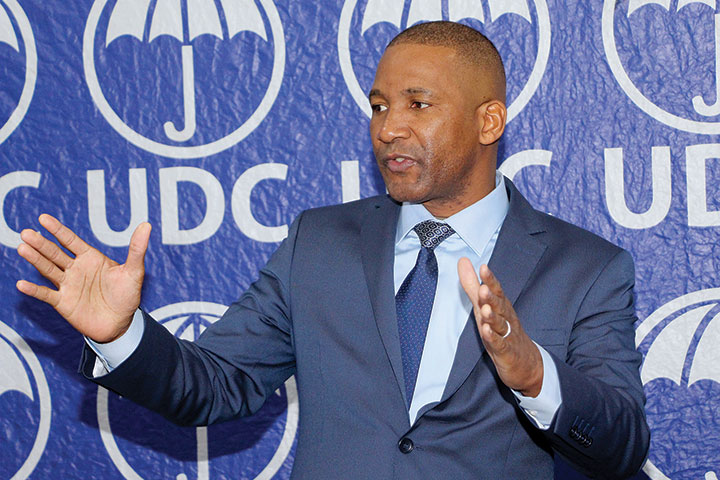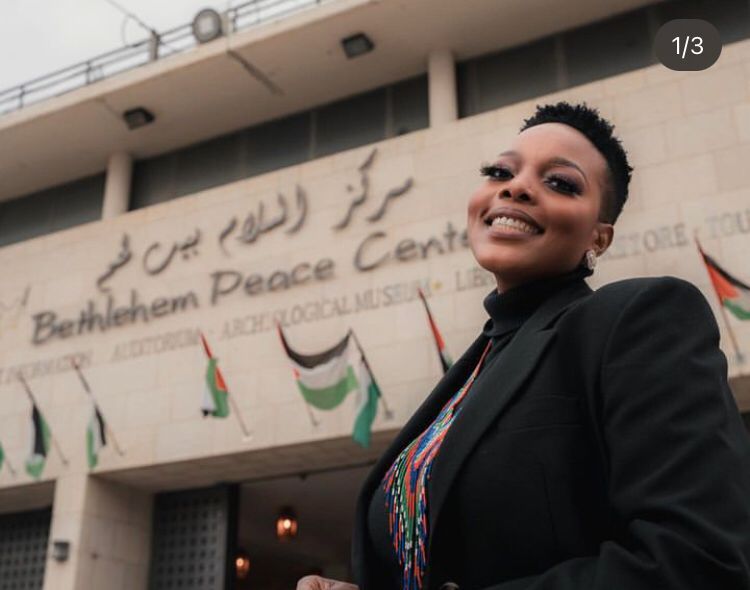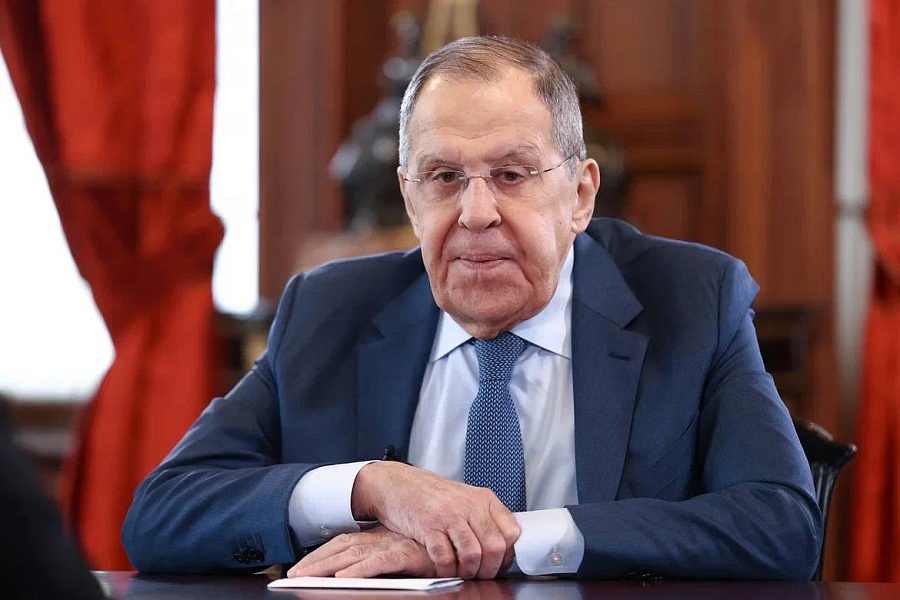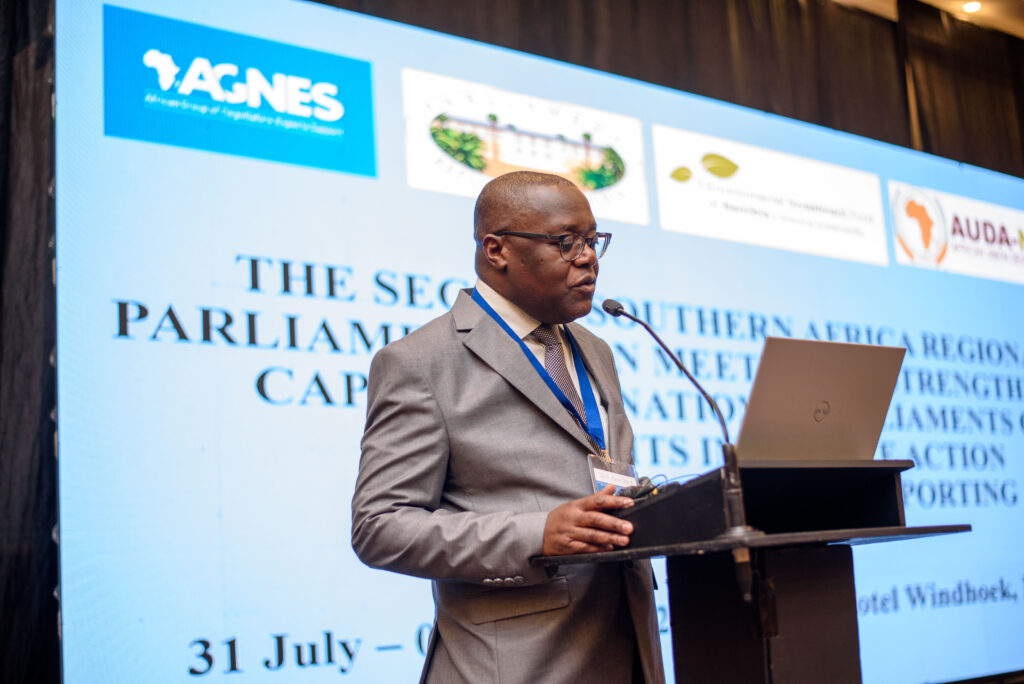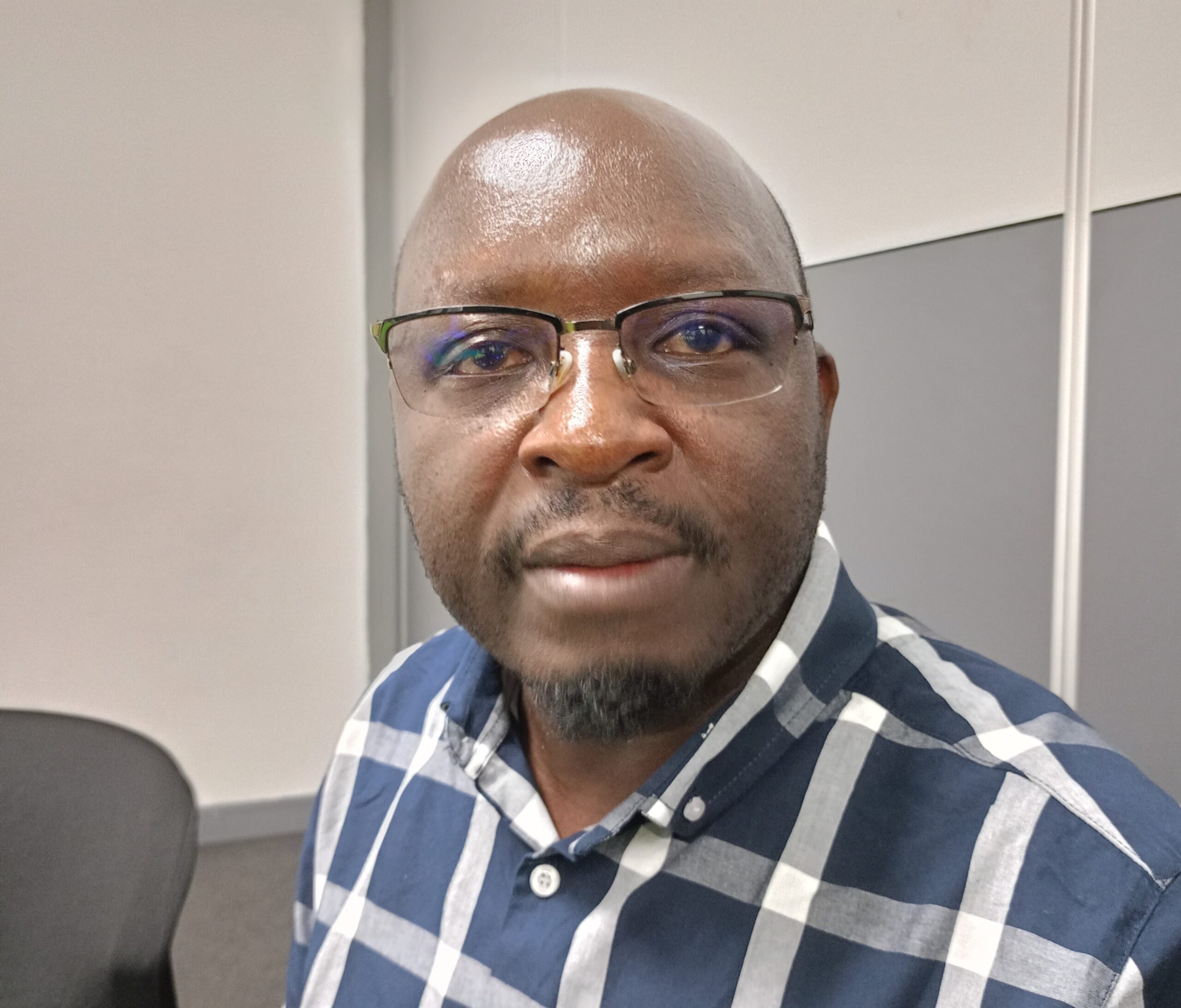
Richard Olong, Regional Program Manager for the Horn, East, and Southern Africa at Oxfam Denmark. Photo: Moses Magadza
The 5th edition of the Southern African Regional Students and Youth Conference on Sexual and Reproductive Health (SARSYC V) that recently took place in Gaborone, Botswana, called on SADC Member States to among other things advocate for the continuation of education as a crucial element of the Pact for the Future, the successor framework to the Sustainable Development Goals (SDG 2030).
Richard Olong (RO) is the Regional Program Manager for the Horn, East, and Southern Africa at Oxfam Denmark. He was one of the presenters at the conference.
In this interview with SADC PF Media and Communications Officer Moses Magadza (MM), he shares his views on the conference and the need to keep education on the post 2030 agenda.

MM: What did this conference achieve, in your opinion?
R0: A lot. What is important is that young people appreciate the importance of education. They also appreciate that a lot can still be done to improve the quality of education. While we have achieved a lot in terms of gender parity at lower levels of education, there are still a lot of children out there who cannot access education.
Young people have understood the demographic dividend that can be reaped from their ability to transform society. This is important. When young people come together, they discuss issues that affect them, and they can offer solutions to those problems.
In this conference the young people were able to discuss challenges affecting them, including quality of education, safety in schools and universities, and health imperatives. They were able to proffer solutions that should be bred in Africa.
MM: During the conference, you attended the Mugota/Ixhiba Young Men’s Forum session, where young men discussed issues that affect them. What are your impressions from that session?
RO: It emerged that young people were very interested to talk about the health imperatives of young people. They were also very interested in identifying reasons why young men are not able to speak about issues that affect them or their well-being.
They pointed out to the fact that because of their upbringing which they go through as men – the social imperatives in their communities or societies – they are made to believe that men don’t cry or even fall sick.
That prevents some of them from seeking health services because society expects them to be “strong” as men. Consequently, few men go for screening or even HIV testing.
Another striking issue, which I attribute to disinformation or ignorance, was the fact that some of the young people referred to using their girlfriends or wives as proxies to determine their health status. That shows that they lacked knowledge of what it means to go for screening.
One young man said for as long as his girlfriend goes for HIV testing and turns out negative, that means he is also negative. That is wrong. There are discordant couples. One cannot rely on the health status of one’s spouse to determine one’s own health status. A lot of information was shared during this session, and I believe young people left more enlightened.
MM: The Sustainable Development Goals (SDG) are approaching their end date. How significant is this for young people given their plea for education to be strengthened and better funded?
RO: Indeed, Sustainable Development Goals are coming to an end by the year 2030. Discussions are starting to identify how the post 2030 agenda should look like. This is being done through what is being called the Pact for the Future.
This identifies areas around which the world should galvanize efforts and resources to spur development. The unfortunate thing is that while in the SDG agenda education was a very prominent feature in SDG 4, in the Pact for the Future, education does not feature. It is disheartening to see education relegated. Our belief as development partners is that education should feature prominently.
The Summit of the Future is coming up in September this year in New York. Our ask for countries all over the world that believe in the transformative power of education is for them to raise it to the top of discussions so that it becomes one of the prominent features of the Pact for the Future. Unless we do that, we risk jeopardizing the future or threaten an entire generation.
MM: What can young people themselves do to lift education to the top of the agenda?
RO: Young people need to urgently engage with their respective Members of Parliament, ministries of education and other stakeholders ahead of the meeting in New York in September. They need to convince them that education is important for the development of their countries so that education becomes a talking point. Advocacy is important.
MM: What can the SADC PF do between now and September in this regard?
RO: The SADC PF is a very big player with respect to preparing the agenda for the future. The Forum can work with its respective member parliaments and leaders in those countries to raise the issue of education being absent from the Pact for the Future. I am confident that if SADC PF were to take up this issue, it would influence national parliaments to follow suit and ensure their ministries of education also take up this issue.
MM: After this conference, what needs to happen next?
RO: A lot of resolutions and questions came out of the young people during this conference. I would like to see the respective stakeholders pick up these issues and implement them. If they are not implemented, then the time and resources that we spent in Botswana would have been in vain.






